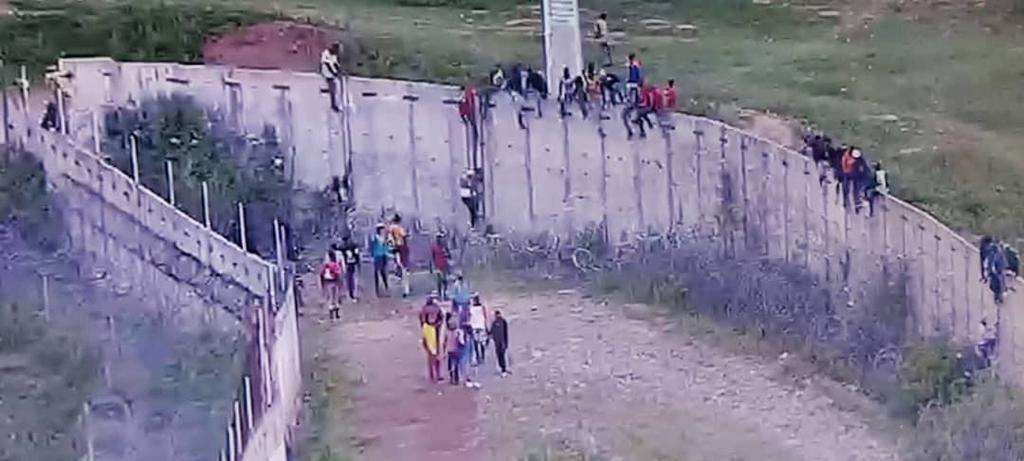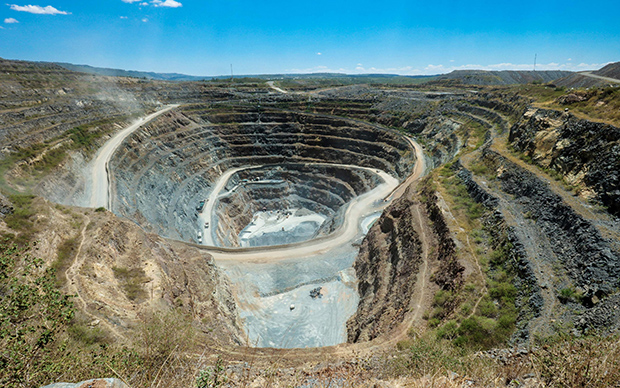Article 29 of the Universal Declaration of Human Rights (UDHR) states that “Everyone has duties to the community in which alone the free and full development of his personality is possible. In the exercise of his rights and freedoms, everyone shall be subject only to such limitations as are determined by law solely to secure due recognition and respect for the rights and freedoms of others and to meet the just requirements of morality, public order and the general welfare in a democratic society.”
This is to say we need to act responsibly as individuals and groups to respect the rights of others, not to abuse human rights and to advance the rights of others as well as ourselves. A person’s ability to enjoy their human rights depends on other people respecting those rights because human rights involve responsibility and duties towards other people and the community.
I am not sure as to what extent Human Rights Watch (HRW) considered this before issuing the report titled, Tanzania: Police Linked to Killings at Gold Mine, in which they alleged that police guarding North Mara Gold Mine have been linked with a killing of people who “..police have accused those killed and injured of “invading the mine” and conducting illegal small – scale mining inside the mine’s premises,” says the report.
Though HRW claims that it’s “…goal with any research mission is to gain enough information about an incident, or about repeated rights violations, to create an accurate picture of what happened”, the said report leaves a lot to be decided. The report has portrayed a very different picture of what is happening and has endorsed the status of criminals before the world.
It only takes a junior researcher to discover the masked true colours of the force behind the mining invasion and comprehend what is exactly happening on the ground. These notorious groups of mine intruders, who HRW is advocating for their rights, are as infamous and wicked as is with all monstrous cartel-run gangs.
Read Related: Investment Contracts: What Tanzania Might Learn From Twiga Minerals Corporation?
The crush between police and mining invaders is not a normal burglary or as the human rights group put it that the youth invading the mine are suffering because of the presence of the mine, in fact, the situation is the other way around. Behind these invasions is a financially powerful cartel comprising of business persons and politicians from as far as the business capital Dar es Salaam, who hire, pay, protect the youth, plan and organize storming into the mine.
They invade the mine in hours of daylight without fear; it has become a new normal for the people living around the mine, seeing groups of hundreds of boys and men equipped with traditional weapons confronting a six-foot concrete wall hopping inside the mine in broad daylight for gold ores.
One remarkable thing about intrusion is that the majority of invaders possess the same type and make bags and somewhere around the mine war they are waiting for the invaders to come out and the cars cruise around the mine wall to collect the bags thrown from inside by invaders.
“There are two to three types of intruders, the first group is of senior members who have been in this business for a long time and many have been promoted to supervisory roles, the second one consists of imported youth from outside Tarime who are scouted by supervisors,” says a former intruder who opted anonymity, adding that the second group are dispersed immediately after a mission.

“The third group this keeps changing involves the locals within Tarime, these are picked depending on the mission needs and are promised payment and protection, after invasion if they manage to escape, just outside the wall they pose like any other passersby, these locals provide cover for the imported intruders,” he narrates.
The HRW report puts the term mine invaders in quotation marks implying that they might have been quoting the police directly or showing scepticism. Going by the one-dimensional nature of the report and lack of the supposed depth I’m convinced to opt for the latter as the purpose of the quotes.
Had HRW focused on the purpose of their research mission to gain enough information about an incident and create an accurate picture of what prevailed, they couldn’t have failed to discover the dirty work of this cartel, instead it has presented a very misinformed image of what is exactly taking place in Tarime. This leaves those in the know with a confusing status of a reputable organization like Human Rights Watch.
Also read East Africa, Big Money, and the False Promise of “Free” Markets
You don’t need to James Bond to see the obvious picture of how this organized crime poses a threat to drag this community into lawlessness, as this resident of Matongo village observes “This situation if not arrested on time is likely to drift the community into the state of lawlessness. The current situation makes the community, innocent citizens and invaders all together, develop tolerance towards crime which is not good for society’s peace, ” says Petro Mwita.
Lawlessness is a state where wrongdoing is widespread and there is disregard for rules and authority. What is happening in Nyamongo about the mining intrusion is the reflection of lawlessness, people are grouping taking laws into their own hands, inventing their own rules, not abiding by the rules of the land and not being scared of the law. The increase of intrusion in the mine might escalate into other walks of life if respected organizations like HRW keep covering their wrongdoings in the name of human rights.
The pretext that intruders are invading the mine because they have nothing to do and that the mine has taken their only means of survival is far out of the question first because intruders are from different parts from far from Tarime. Secondly, North Mara Gold Mine, managed by Twiga Minerals Corporations, a joint venture company formed by Barrick and the Tanzania government in the event which is commended as a model of how resource-rich countries can negotiate better deals has since 2019 spent 7.3 billion Tanzanian shillings on infrastructure, education, health, water services to the 88 villages in all 26 wards constituting Tarime rural district council.
In this agreement, which resulted in the Twiga Mineral Corporation formation, the government of Tanzania acquired a free carried share of 16% in North Mara and Bulyanhulu mines and will receive half of the economic benefits from taxes, royalties, clearing fees and participation in all cash distributions made by the mines and Twiga. An annual true-up mechanism will ensure the maintenance of the 50/50 split.
Since its establishment, Twiga Minerals Corporation has demonstrated the value-creating capacity of a true partnership between a mining company and its host nation, reflecting the government’s anticipation of improving the investment climate and embracing partnerships with the world’s largest miners, among other measures that seek to achieve its determination to almost double the contribution of the mining sector to the economy.
Since the agreement date, Barrick has pumped $2.4 billion into the Tanzanian economy. Last year it paid $303 million in taxes, royalties, levies, dividends and shareholder loan repayments and $476 million to local suppliers. The workforce in all mines is made of 96% Tanzanian, with 57% of new hires drawn from the surrounding communities.
Through their community development committees, the mines have invested more than $10 million in projects to improve healthcare, education, access to potable water and the road infrastructure
To make sure that Tanzanians are benefiting from the mining supply chain the government, through the Mining (Local Content) Regulations of 2018, imposed the local content requirements that were introduced by the Mining Act No. 7 of 2017 which amended the Mining Act, 2010. On 08th February 2019, the Ministry of Minerals published the Local Regulations of 2019.
The Regulations aim at developing local skills to build a workforce that is skilled and a competitive supplier force in the mining sector. The regulations forbid the provision of any type of services by an international service provider to mining setups in Tanzania if the same does not feature at least a 20% equity stake owned by Tanzanians.
For a non-indigenous company to provide goods or services to a contractor or licensee in Tanzania it will be required to form a joint venture company with an indigenous Tanzanian company after affording such company an equity participation of at least 20%. It does not limit applicability to certain types of services; it applies to all types and sizes of services across the industry.
This has led to the emergency of many young entrepreneurs; “Without this, I couldn’t be owning this company, Barrick North Mara nurtured me through local content to this stage,” says Rhobi Gibai who at the tender age of 33 runs multimillion construction company registered under level 6 with Contractors Registration Board.
She says her company started with a capital of Tshs. 3 million ($1,300) by cleaning dumpers, “In a very short time through Barrick’s special entrepreneurship training, I was able to grow my business fast to the extent that now I own modern construction machines and employ 15 permanent employees, and close to a hundred part-time employees depending on the nature of the contract we have at that particular time,” she says.
The contribution of the Mining sector to the nation’s gross domestic product (GDP) increased from 3.4% in 2015 to 5.2% in 2019. Now the sector contributes 7.3 percent.

